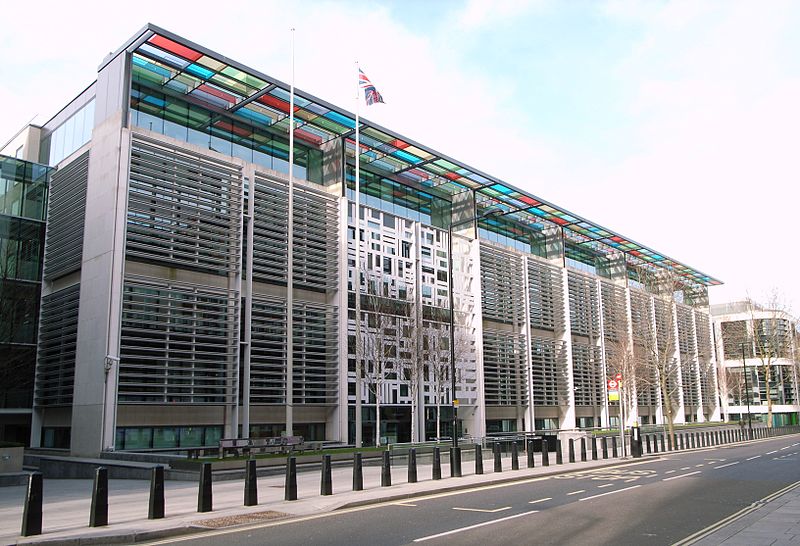
The Home Secretary has unveiled a comprehensive package of measures aimed at protecting the public and young people from the growing threat of youth radicalisation.
In response to an increasingly complex national security landscape, including the evolving terrorist threat, the government will significantly boost counter-terrorism efforts. Next year, an additional £140 million will be allocated to counter-terror police, while the UK Intelligence Community will receive an extra £499 million, taking funding to record levels.
New tools to tackle youth radicalisation
With a rising number of young people involved in counter-terrorism casework, the government is introducing Youth Diversion Orders. These new powers will allow early intervention in cases where existing risk management tools fall short. Designed specifically for young people, the orders aim to:
- Enable police and partner agencies to act before a case escalates to criminal prosecution.
- Impose risk management and rehabilitative conditions, including Prevent interventions and online activity restrictions.
- Reduce the likelihood of re-offending and further involvement in the criminal justice system.
- The orders, which follow a recommendation from the Independent Reviewer of Terrorism Legislation, Jonathan Hall KC, will be subject to judicial oversight to ensure fairness and effectiveness.
Strengthening prevent
To address the increasingly diverse drivers of radicalisation, the Home Secretary outlined key reforms to Prevent, the UK’s programme to divert individuals away from extremism. These reforms include:
-Reviewing Prevent thresholds: Conducting a thorough assessment to ensure policy reflects the evolving nature of threats, including cases with no clear ideological alignment.
-Enhancing interventions: Expanding the Channel programme to include practical mentoring, cyber skills training, and family support, alongside existing ideological mentoring.
-Supporting vulnerable individuals: Launching a strategic review to improve support for neurodivergent individuals and those suffering from mental ill-health who are referred to Prevent.
-Improving oversight: A January pilot programme will test new monitoring approaches for cases that don’t meet Prevent thresholds but are referred to other services.
-Additionally, the government will appoint a Permanent Independent Prevent Commissioner to evaluate the programme’s effectiveness, identify gaps, and ensure accountability.
Addressing emerging threats
Home Secretary Yvette Cooper highlighted the increasing influence of online radicalisation on young people, noting that a growing number of cases involve individuals fixated on violence rather than any specific ideology.
“National security is at the heart of our Plan for Change, which is why we are investing record levels of funding in our security partners. These new powers and improvements to Prevent are essential to tackling youth radicalisation and protecting young people from dangerous ideologies.”
Urgent action on youth radicalisation
Security Minister Dan Jarvis emphasized the urgency of addressing youth radicalisation, citing a threefold increase in MI5 investigations involving under-18s over the last three years.
“Our priority is to keep the public safe. The measures announced today will ensure Prevent remains fit for purpose and equipped to address today’s threats.”
The government remains committed to combating extremist ideologies and ensuring young people are diverted away from terrorism and violence. Photo by Steve Cadman, Wikimedia commons.




































